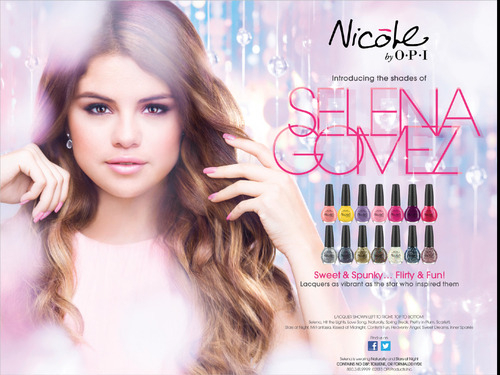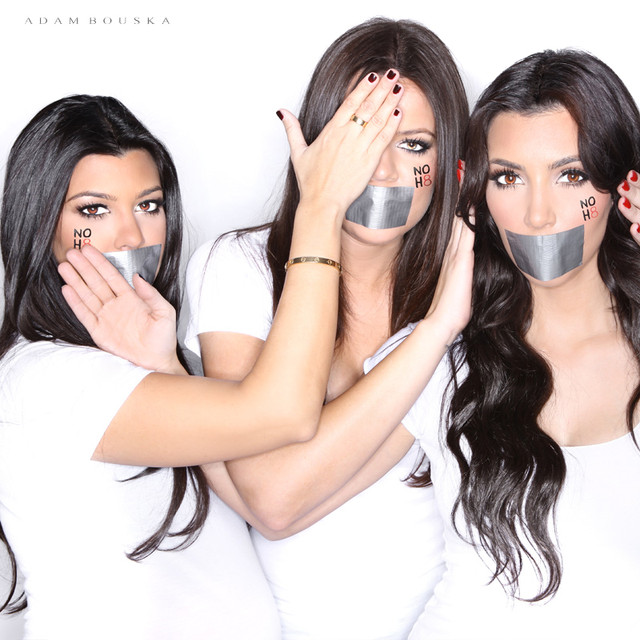"Advertisers frequently use the testimony of a celebrity to support a claim: a football star touts a deodorant soap, an actress starts every day with Brand A coffee, a tennis pro gets stamina from Brand X cereal, a talk-show host drives a certain kind of car. The audience is expected to transfer approval of the celebrity to approval of the product. This kind of marketing is misleading and insults the intelligence of the audience. Am I going to buy the newest SUV because an attractive talk-show host gets paid to pretend he drives one? I don’t think so. We should boycott this kind of advertising and legislate rules and guidelines for advertisers."
— passage by columnist Sue Jozui (2007)
Advertisements seem to be ubiquitous in American culture. It's often used as a strategy to promote an idea, belief or product. Along with it comes an "accessory" such as celebrities in which their testimonies are used by advertisers to support their claim. In the passage, columnist Sue Jozui asserts that celebrity endorsements are "misleading and insulting to our intelligence." In other words, she firmly believes that this type of marketing makes our society look dependent upon the approval of others, particularly one who is held in high regard. Jozui cites examples of advertisements that involve a celebrity urging people to buy a product because it "worked" for them, in order to point out that the approval of a famous person is required to gain the approval of the consumer. The author expresses her suspicion of the concept that consumers are likely to accept a product if it’s celebrity-approved. One of the main implications that the author notes is that if celebrity endorsements were to be regulated, a product would be able to build its own credibility without the help of an individual of high social status. Because of this, Jozui concludes that the use of celebrities in advertisements hinders the product's ability to prove its believability and deceives the consumer's knowledge, therefore this type of marketing should be boycotted. However, imposing regulations upon this type of advertising strategy isn’t the proper solution because it does not benefit society and at the end of the day, it is up to the consumer whether or not they want the product.
"Should celebrity advertisements be boycotted?" is the question that Jozui presents. However, to counteract that question, how would boycotting celebrity endorsements benefit society? The answer is simple; it won’t. The implication that celebrities hinder the credibility of a product is contradictory. Doesn't a product need the feedback of a customer to build validity? A smart consumer looks for product reviews prior to purchasing it to make sure it's what he or she needs. The feedback of others is fundamental because it gives the consumer an idea of the effectiveness of a product. Jozui fails to mention that a celebrity is also a consumer and is simply giving their take on the product itself. The only difference is that they are people with high social status which will only add more authenticity. In other words, attaching big Hollywood names to a product will only help it prosper even further.
Despite that, the intention of the celebrity is called into question. What are their reasons for agreeing to affiliate themselves with these brands? Some may say that they do it for the money or they use it as a tool to boost their career. Believe it or not, celebrities aren't always selling a product but they are also "selling" a message to make society better. They could be advocating about putting an end to bullying or world hunger. Take Ellen DeGeneres for example; she's considered endorsement deals however, she stated:
"I would not feel good if I had made a deal and was making money for something that I'm not proud of and don't have any control over."
So as you can see, these endorsements may be a lucrative deal but it isn't always the reason why celebrities partake in them.


Furthermore, Jozui assumes that we aren't smart consumers because we buy into whatever the celebrity claims about a product; since these ads "insult our intelligence", she assumes that we are weak-minded inviduals. However, we can think for ourselves. Not all are gullible and easily convinced. Just because so-and-so uses a certain product doesn't mean we will go out and buy it. However, it may be different for children advertisements since young kids are easily influenced by cartoons or their favorite actor/actress. If kids see their favorite cartoon character or celebrity on a product, they are bound to beg their parents to buy it. It all goes down to who the target audience is. It's understandable for children to desire a product if their role models are on it but older viewers should have the common sense of purchasing a product based on its effectiveness and usefulness. And as consumers, we should be able to make our own judgement.
The question whether or not this type of marketing should be boycotted is up for debate. But it's clear that it wouldn't be the proper solution as it has its own downsides.
Word Count: 737


The question whether or not this type of marketing should be boycotted is up for debate. But it's clear that it wouldn't be the proper solution as it has its own downsides.





this was a great topic and i admired the way you delivered it you really brought the topic of advertising to the light. you made me reallt think about the problem at hand. i even went as far as to try to come up with ways to sole this problem you so eligently illustrated.
ReplyDeleteGreat Post Thanks For Sharing....
ReplyDeleteMarketing Services for Celebrities
Marketing celebrities Advertising
Styling for Leading A-list Celebrities
Nice Post Thanks For Sharing to get more information Marketing Services for Celebrities
ReplyDeleteNice Post Thanks For Sharing to get more information Marketing Celebrity Advertising
ReplyDelete